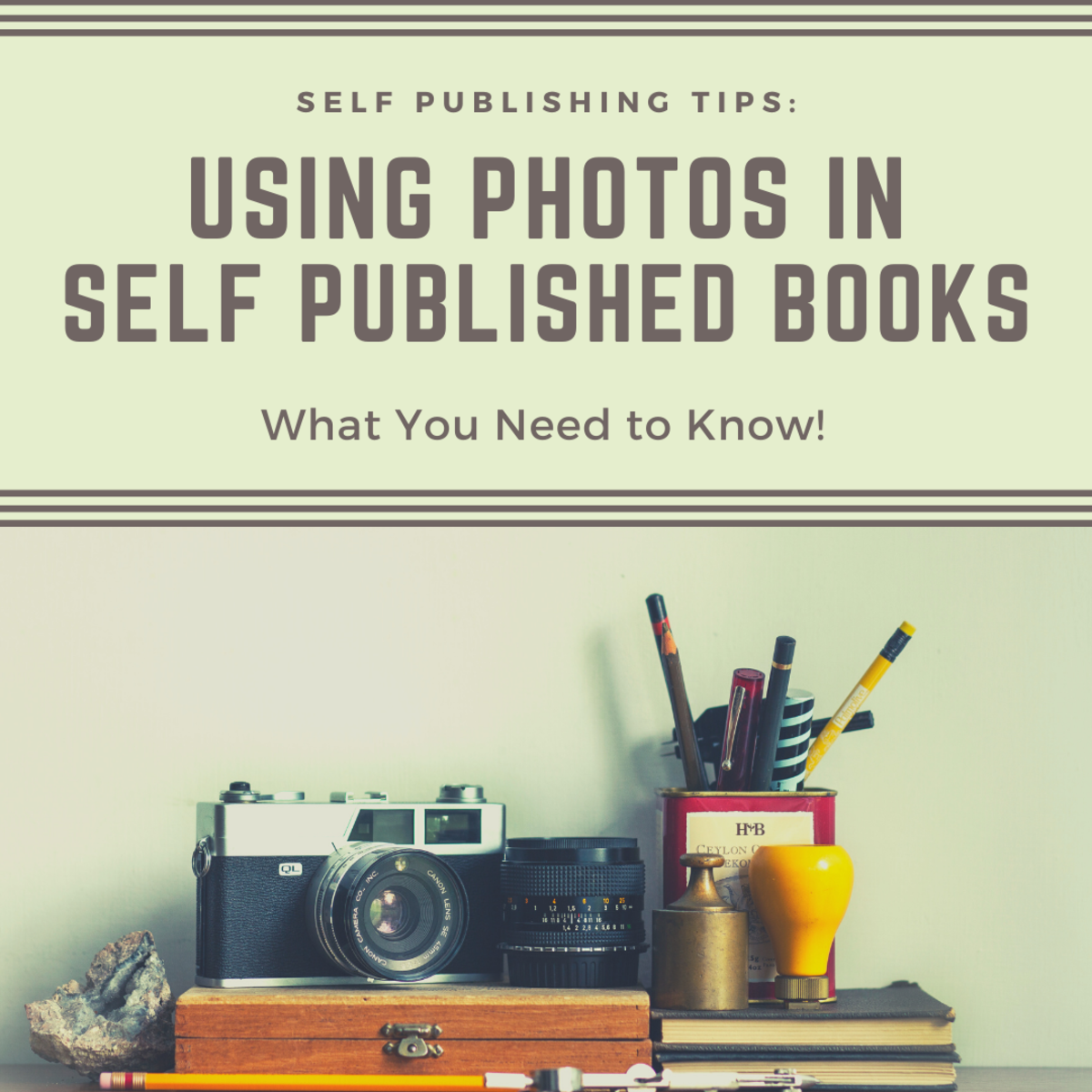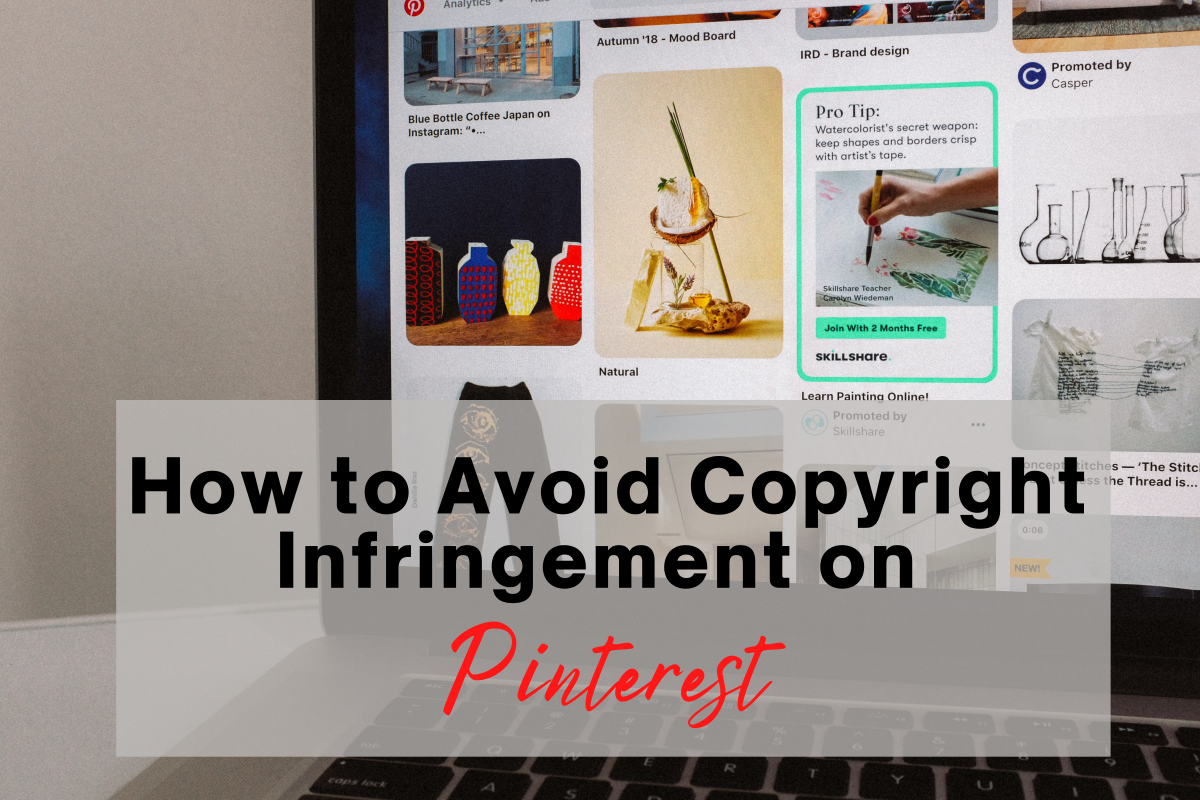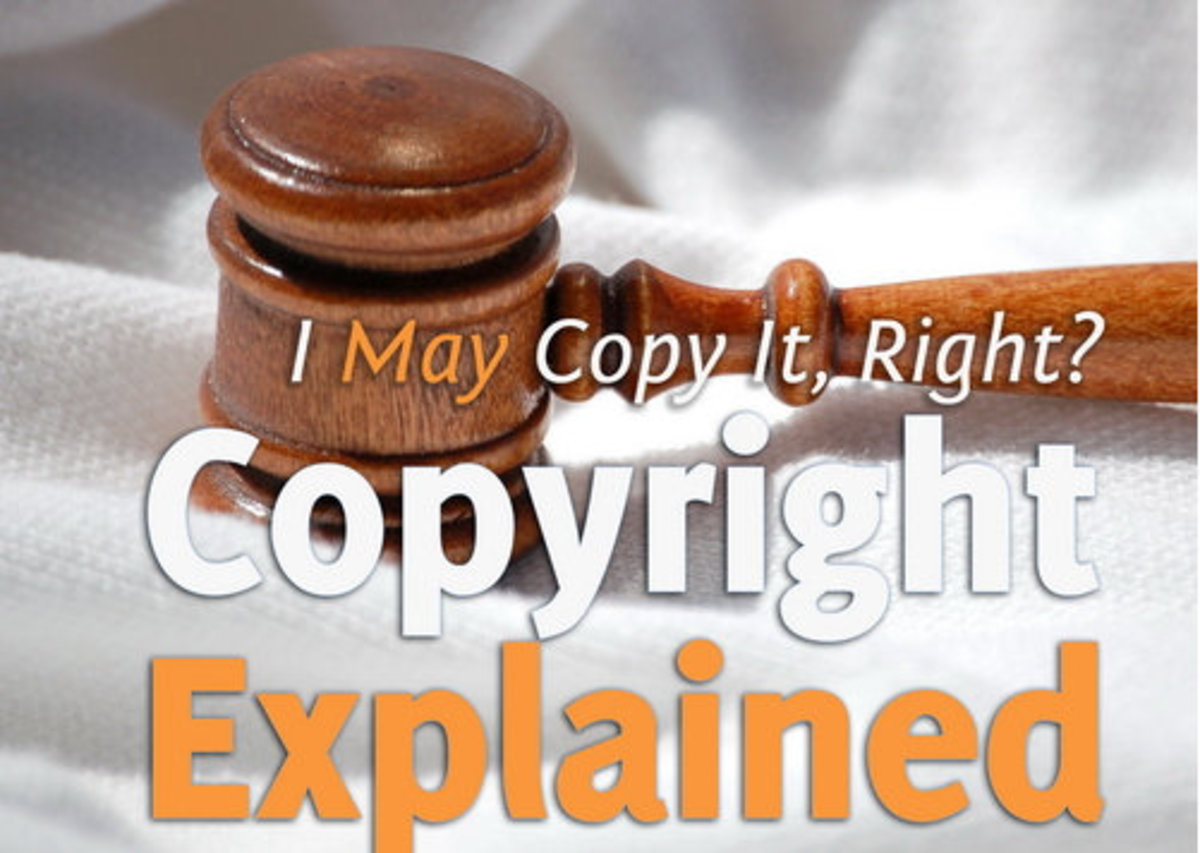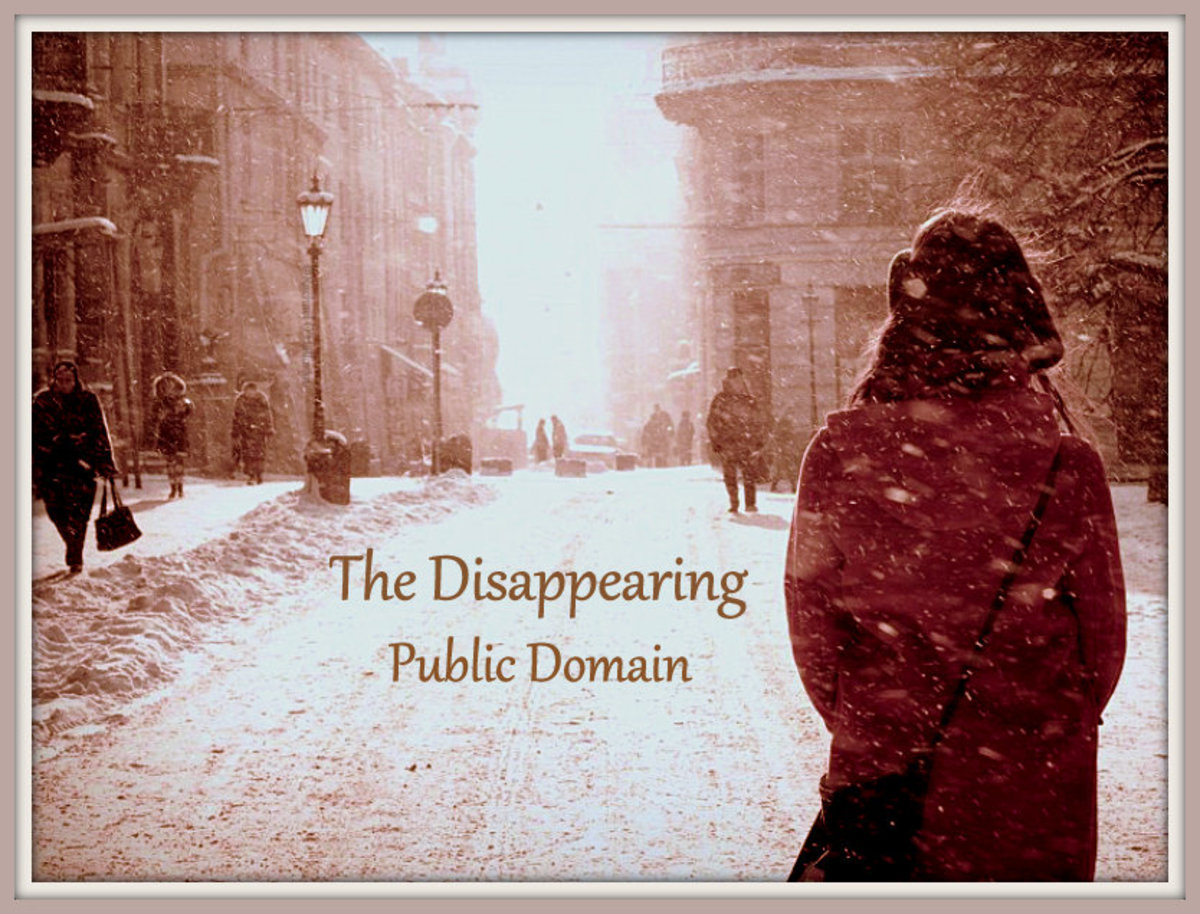Protecting Your Intellectual Property Rights on the Internet
Beware of Inadvertently Giving away Intellectual Property Rights
Children, and adults, have to be taught that it is wrong to share or otherwise use copyrighted files on the Internet without permission.
They have to learn what they legally can and cannot do with other peoples' intellectual property.
This issue is being addressed as parents, teachers and others are increasingly becoming involved in making sure children understand the rules concerning copyrights when they use a computer.
However, there is another area of children and intellectual property that people have yet to become concerned about and that is the intellectual property created by these same children.
Most of us, adults as well as children, still have a them and us or artist and consumer view of intellectual property. An author writes a book and I buy it. A musician records a song and I listen to it. I am the consumer and they are the artist.
But copyrights and intellectual property are not the private preserve of artists alone. According to copyright law, a copyright is automatically created as soon as that creation is saved on some type of media.
Granted, a copyright notice attached to the work and the formal filing and paying to have the copyright registered makes it easier to protect and enforce the copyright, but the simple creation of a work is all that is legally required for a copyright to exist.
With the advent of computers and the Internet, the amount of time, effort and money required to produce and publish a work of intellectual property has greatly decreased with the result that millions of written works, graphic arts, music, photographs, etc. are being produced and published on the Internet each day.
Imagine being Sued for Violating a Copyright on Your Own Work
While outright theft of a work whose value its creator does not realize is a possibility, there is a bigger threat and that is the inadvertent transfer of the property.
I have made a point of insisting that my children show me sites where they intend to post items before they join, and the two of us then read through the (tedious and boring as they are) site's Terms of Agreement. I check for the intellectual property requirements to see what they entail.
In some cases all rights are retained by the author and the site just receives the right to host it on the web. In other cases the site leaves ownership with the author but retains a non-exclusive and royalty free right to use and publish the work wherever and whenever they see fit.
Other's, in exchange for payment ranging from a few cents (or points) to a few dollars, obtain full and exclusive rights to the work. Other variations of ownership include leaving rights with the author but forbid republication on the Internet (leaving the author the right to publish in print); forbid re-publication so long as the item remains on their site; forbid publication on a competitor's site or site with similar content, etc.
If children are surprised to learn that it is illegal to post a song, from a CD that they have purchased, on the Internet, imagine their surprise when they receive a letter from a lawyer informing them that the funny video they made of their dog doing tricks and posted on This-or-that.com is no longer their property and has to be removed from their Myspace.com or other site profile or or face a lawsuit.
The Play and Movie "The Sound of Music" Grossed Millions but the Author Received Less than Five Thousand Dollars
In her book Oh Maria! Maria von Trapp (the Maria upon whom the character of Maria in the movie The Sound of Music was based) describes how she unwittingly sold all the movie, music and script rights to her book, The Trapp Family Singers, to a German promoter for a few thousand dollars.
Four productions later (including the blockbuster Broadway Musical and equally successful film, both titled The Sound of Music), the producers of the four works were rolling in money.
However, all Maria von Trapp received was the original payment and small percent of the net revenues from movie The Sound of Music.
The small, less than one percent, royalty fees that Maria received were considerably greater than what she originally received from her sale of rights to her original book. She could have received substantially more had she either kept the rights or just sold the European rights to her book.
As it was the producers of the move The Sound of Music, who had previously purchased the rights for the movie from the original German promoter in exchange for generous royalty payments, voluntarily gave Maria the small royalty. The motivation of the producers was moral, not legal.
Most of What Most of Us Produce and Publish Will Never Be Very Valuable But we Usually Don't Know Which Things Will Be the Exception
Admittedly, most of the photos, videos, poems, stories and other original works average people, especially young people, post on the Internet have very limited appeal and no commercial value.
However, just as the proverbial monkey pounding keys on a typewriter is bound to eventually type something of Shakesperian quality, there will be the occasional silly photo, video, drawing, poem or story that strikes a chord with people and suddenly becomes valuable.
Imagine how that person will feel when a big media company comes forward to pay millions for the rights to it only to discover that the check will be made payable to the company that hosted it on their site and not the creator of the work!
It will then be too late when the author discovers that clause 13.13 (j) of the Terms of Use for the site, which they never bothered to read before, that, in exchange for allowing the user to post on the site, the hosting company received all the intellectual property rights.
This day might not be too far off for some people as some big media companies are already beginning to realize that there might be more money to be made working with sites like You Tube and others in looking for property to license than in searching for people to sue for violations of intellectual property.
Each advance in civilization has resulted greater opportunities and abundance for people.
However, in order to operate and function in the new environment, people have to learn new skills and take new steps to protect the new property that results from the advance.
Unfortunately, for those who want to use the Internet, one of the new skills is going to be the ability to read and understand the legal mumbo jumbo on the Terms of Use page before simply checking the box indicating agreement with those terms.
A Personal Note
In the text module above entitled The Play and Movie "The Sound of Music" Grossed Millions but the Author Received Less than Five Thousand Dollars there is a link to a review of the book Oh Maria! which I wrote.
Even though I wrote that review, I no longer have any rights to it and cannot publish it anywhere as all of the rights to the review are owned by the group that owns the site where it was published. Since site's terms clearly stated that I would be paid twenty-five cents in exchange for any review that I submitted and was accepted by them in exchange for all rights to the review.
I, of course, carefully reviewed the Terms of Service for the site before I decided to publish anything on the site. And, frankly, since I doubt that that review would ever generate much more than twenty-five cents for me, I have no regrets about my decision to sell it for that amount.
© 2006 Chuck Nugent








